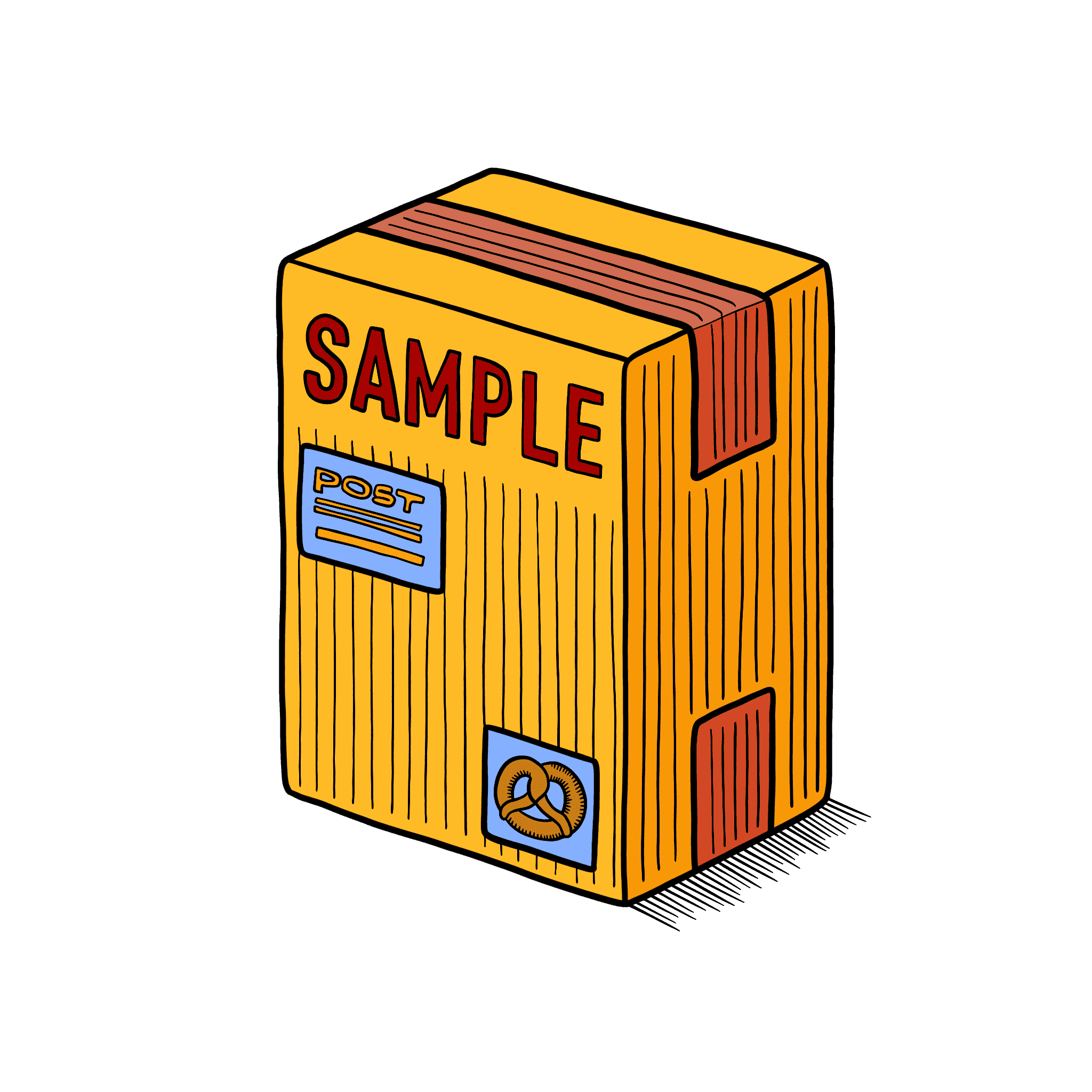Sections
Latest
Learn German poetry vocabulary, for discussions on poetic works and literature.

Poetry is a beautiful form of expression that allows us to convey emotions and ideas through the power of words. Learning poetry vocabulary in German can help you appreciate and create German poems, connect with German literary traditions, and explore the rich world of German poetry. In this blog post, we'll provide you with multiple lists of very useful German words related to poetry.
Let's start with some poetic devices and techniques commonly used in German poetry:
Next, let's explore some common poetry genres in German literature:
Now, let's learn about some famous German poets and their contributions to German literature:
Lastly, let's explore some common themes often found in German poetry:
We hope this poetry vocabulary inspires you to explore the beauty of German poems and even create your own verses! Whether you're analyzing famous poets, writing your poetry, or simply enjoying the magic of words, these terms will be valuable. Happy Writing!
German poetry is renowned for its depth, complexity, and artistic expression. At the heart of this captivating art form lies a vast array of poetic vocabulary that adds layers of meaning and beauty to the verses. In this blog post, we will delve into some of the essential German poetry vocabulary that enriches the experience of both reading and composing poetry.
Here's the German poetry vocabulary we're going to have a look at:
The "Strophe" is the equivalent of a stanza in English poetry. It refers to a group of lines that form a structural unit within a poem. German poetry often employs various strophic forms, such as the Quatrain (four-line stanza) or the Terzett (three-line stanza). The choice of strophe can significantly impact the poem's rhythm and emotional impact.
A "Vers" in German poetry corresponds to a line of verse. Verses play a crucial role in determining the poem's rhythm and meter. Poets carefully craft each line to ensure the desired flow and sound, often employing various metrical patterns like Jambus or Trochäus.
"Reim" stands for rhyme, a vital element in poetry. In German poetry, different rhyme schemes can be used, such as Kreuzreim (ABAB), Paarreim (AA BB), or Haufenreim (AAA BBB). Rhymes create a musical quality to the verses, enhancing the poem's overall melody and memorability.
"Das Gedicht" holds a special place in the world of German poetry. Translated as "The Poem," it represents the heart and soul of poetic expression. Within its verses, a symphony of emotions, thoughts, and artistry comes to life. "Das Gedicht" encompasses various elements, such as strophes, verses, metaphors, and rhyme, which intertwine to create a profound and captivating experience for both poets and readers.
Metaphors, or "Metaphern," are extensively used in German poetry to convey vivid imagery and complex emotions. Poets often draw analogies between seemingly unrelated objects or concepts, inviting readers to explore new perspectives and depths of meaning.
"Anapher" and "Epipher" are powerful rhetorical devices commonly employed in German poetry. Anapher involves the repetition of a word or phrase at the beginning of successive lines or stanzas, emphasizing a specific idea. Epipher, on the other hand, repeats words or phrases at the end of successive lines, producing a profound effect and reinforcing the poem's themes.
"Elegie" is a melancholic and mournful form of poetry that often explores themes of loss, longing, or lamentation. This genre allows poets to convey deep emotions and reflections on life's transience and human experiences.
The "Sonett" or sonnet is a highly structured poetic form, comprising 14 lines and usually following a specific rhyme scheme. German poets have embraced this form to craft poignant expressions of love, nature, and philosophical musings.
"Dichter" refers to a poet in German. Throughout history, Germany has produced a multitude of renowned poets like Goethe, Schiller, Rilke, and Hesse, who have left an indelible mark on the world of literature.
The world of German poetry is a realm of linguistic artistry, where every word holds profound significance and contributes to the emotional tapestry of the poem. From captivating strophes to thought-provoking metaphors, the rich vocabulary of German poetry continues to inspire and enchant readers and poets alike.
So, the next time you explore German poetry, immerse yourself in the brilliance of its vocabulary, and let the verses take you on a poetic journey like no other.


In this podcast episode, we'll share our tips on how to endure the bitter German winter. Topics include taking part in traditions like Christmas markets and Krampus walks, winter food and cozy indoor activities.